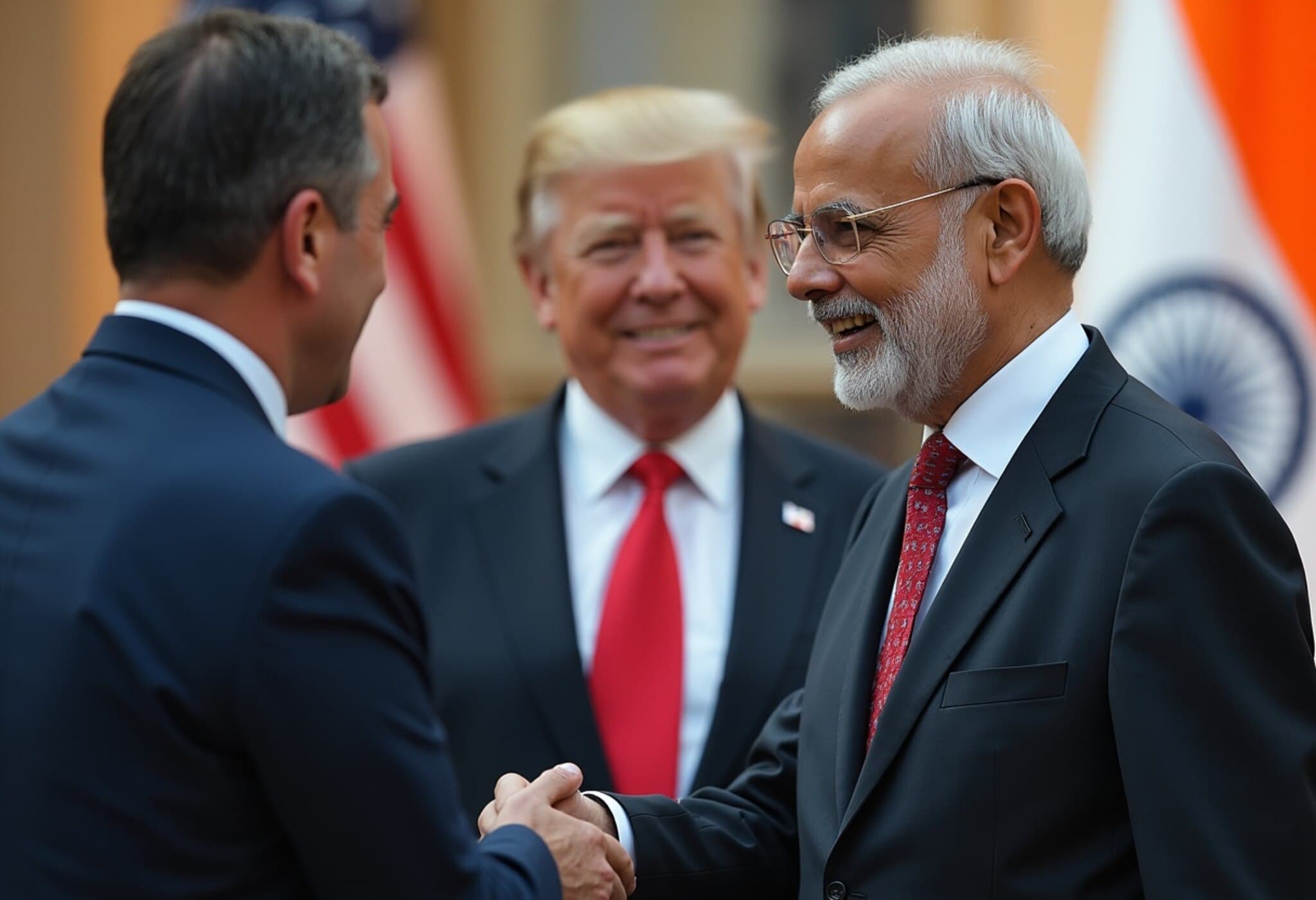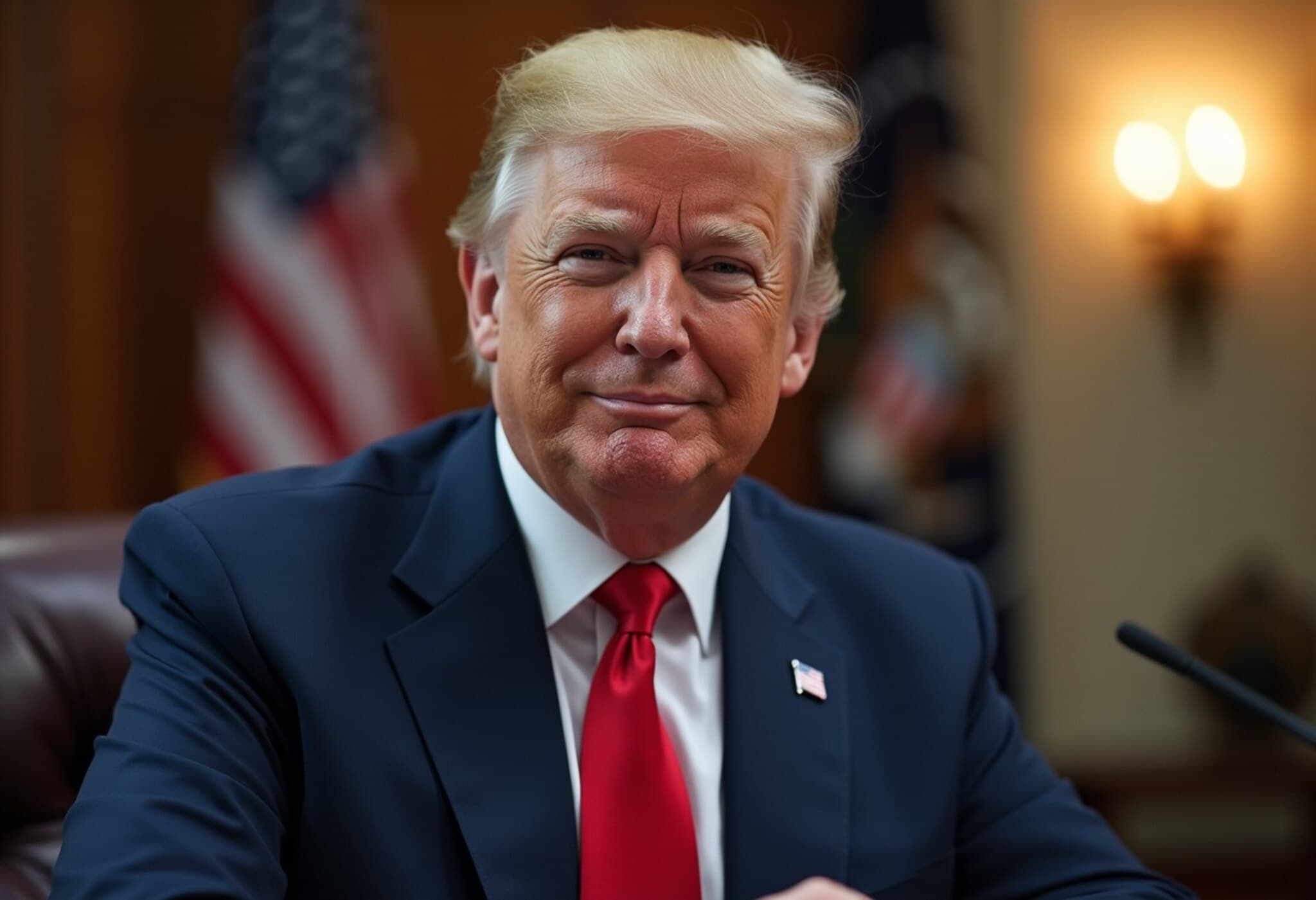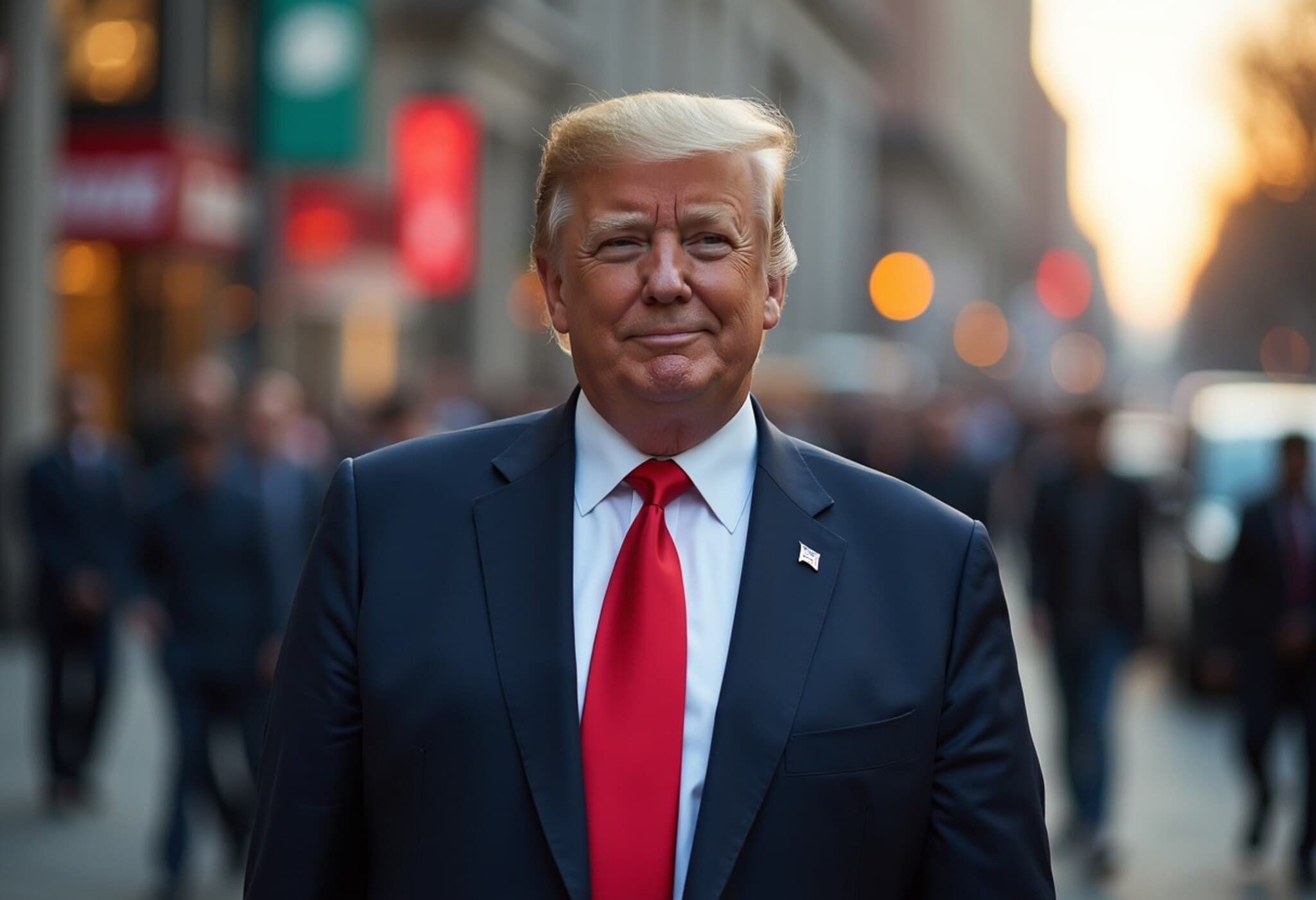Apple Deepens India Manufacturing Despite US Political Pressure
In a significant move defying former US President Donald Trump's tariff threats, Apple has finalized plans to produce all models of its upcoming iPhone 17 series in India, primarily for the US market. Reports from Bloomberg confirm that starting next month, the iPhone 17, iPhone 17 Pro, iPhone 17 Pro Max, and iPhone 17 Air will be manufactured at Indian facilities and shipped to the United States.
Background: Navigating Political and Economic Headwinds
Trump's administration had imposed heightened tariffs on goods imported from India as part of a broader economic strategy, with explicit warnings directed at tech giants like Apple to dissuade them from relocating production outside China. Despite this, Apple’s decision underscores a strategic shift toward supply chain diversification and risk mitigation.
The move builds on Apple's earlier strategy to distance its manufacturing footprint from China, mitigating the disruption caused by the US-China trade war and the global pandemic. The Covid-19 outbreak particularly exposed vulnerabilities in relying heavily on Chinese manufacturing hubs, where prolonged lockdowns led to severe delays and logistical bottlenecks.
India Emerges as a Growing Manufacturing Hub for Apple
Apple's ramp-up in India is part of a larger trend. According to Bloomberg, iPhone exports from India surged to $7.5 billion between April and July this year, a figure that puts the country on track to surpass last year's total export worth of $17 billion. This signifies India's growing prominence on Apple's global production map.
The company's manufacturing operations are spread across at least five factories in India, operated primarily by subsidiaries of the Tata Group and the Taiwanese contract manufacturer Foxconn. Notably, Tata has consolidated its role by taking over facilities previously managed by Wistron and Pegatron, expanding capacities especially at their Hosur plant in Tamil Nadu.
Experts estimate that by 2027, up to 26-40% of iPhone production destined for the US market could come out of India, reflecting the country's enhanced capabilities in high-tech manufacturing and favorable government incentives to attract foreign direct investment.
Strategic and Economic Implications
- Supply Chain Resilience: Apple's diversification into India reduces dependencies on China, insulating the company from geopolitical tensions and manufacturing disruptions.
- India’s Economic Growth: Apple’s investment creates jobs, upskills local labor, and strengthens India’s ecosystem in high-technology manufacturing, aligning with the government’s Make in India initiative.
- US Trade Policy Challenges: This development raises questions about the effectiveness of tariffs as a tool to reshape supply chains politically, especially when companies pursue economic pragmatism.
Looking Ahead: What This Means for the Tech Industry
Apple’s commitment signals a broader trend where multinational corporations are reevaluating global supply chains to enhance flexibility and buffer against international trade volatility. For policymakers, the challenge is balancing protective tariffs with incentives that encourage domestic manufacturing without alienating valuable allies like India.
Furthermore, the Indian market stands to benefit from increased foreign investments, though sustaining this momentum will require continuous improvements in infrastructure, regulatory clarity, and skilled workforce development.
Editor’s Note
Apple’s bold pivot to Indian manufacturing despite US tariff opposition spotlights the complex interplay between geopolitics and corporate strategy. It challenges assumptions about tariff efficacy and underscores the strategic importance of supply chain resilience in today’s interconnected economy. As India ascends as a technological manufacturing powerhouse, stakeholders worldwide must reconsider the future landscape of global production and trade alliances.



















